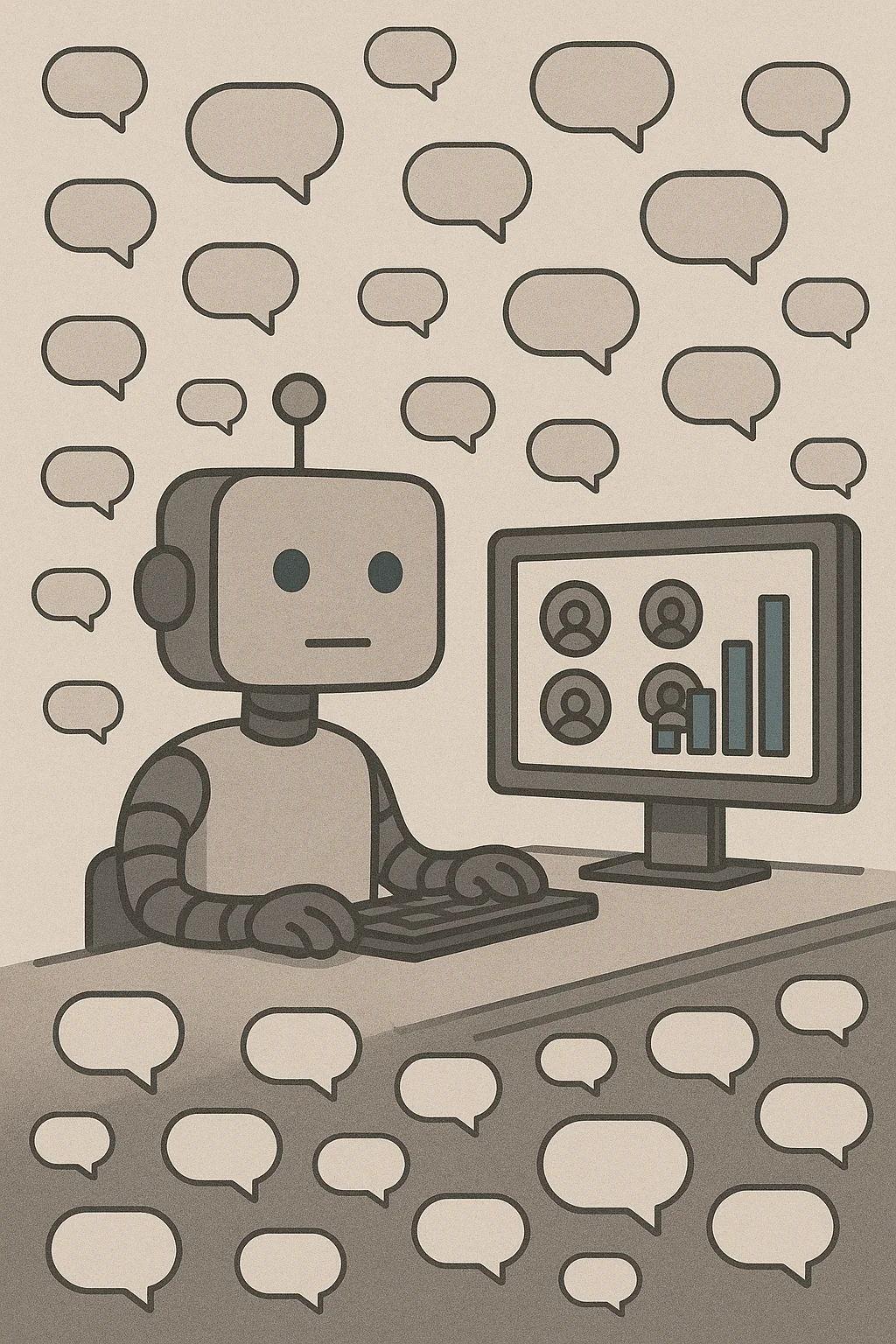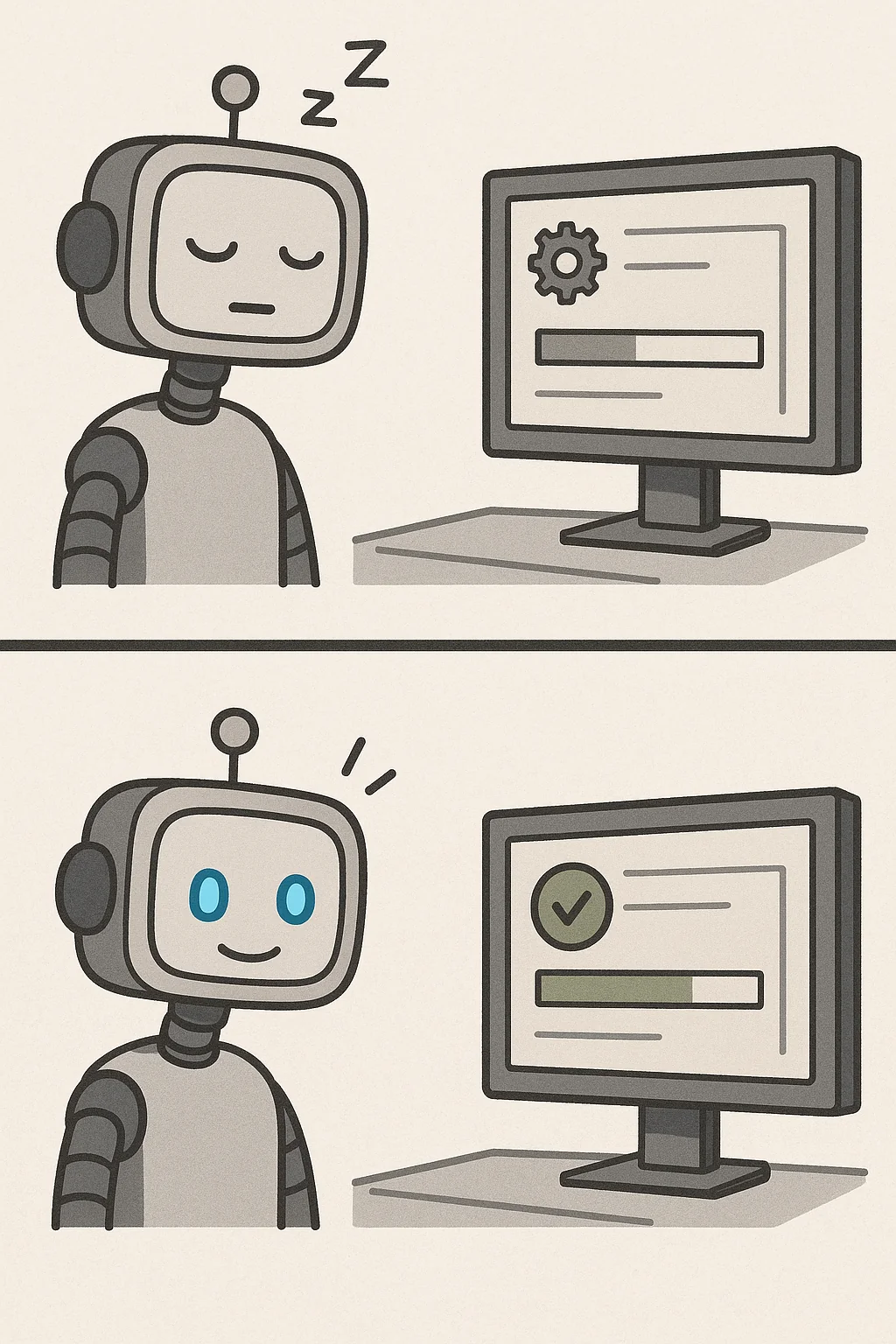Consolidating MCP Entity Retrieval into One Batch Tool
Following our prior post on wiring up an MCP server for our Django app — see How We Integrated Model Context Protocol (MCP) into Our Django App — we went back and revisited the architecture. "Too many tools" is still a huge problem for LLM productivity, which has continued into GPT5 and the latest Claude models so probably won't be solved toon. Cursor and Claude both work better when they have fewer tools to choose from, and our original setup exposed too many single-purpose GET tools. So we consolidated everything into a single, strongly-typed batch tool.
The result: one get tool, clearer schema, faster concurrent fetches, and less model confusion.



